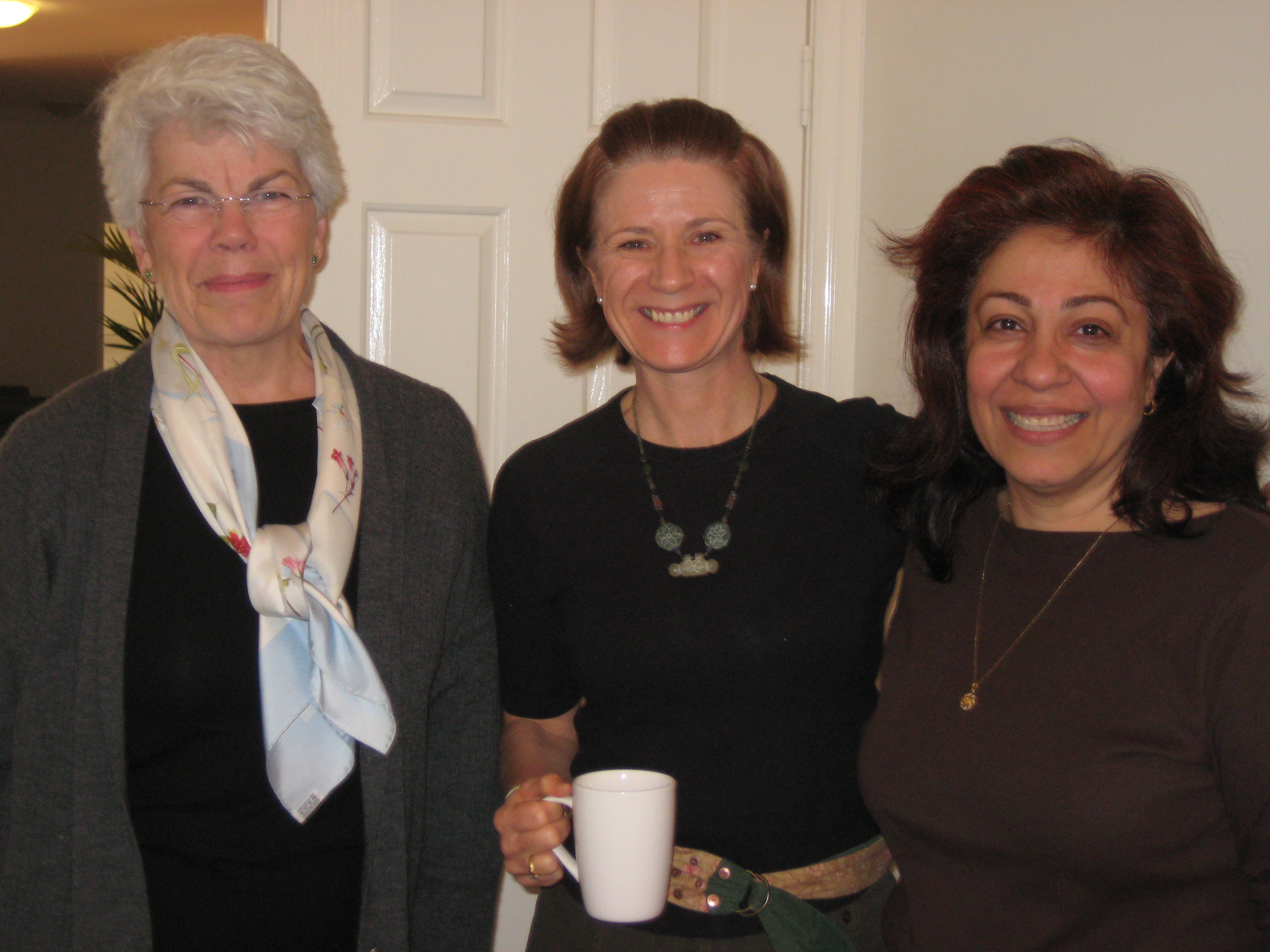
Melbourne Baha’i Azita Sobhani represented the Australian Baha’i Community at the 52nd session of the United Nations Commission on the Status of Women in New York from 25 February-7 March.
It was the second year Ms Sobhani had attended the Commission. This year the Baha’i delegation included some 40 individuals from more than 15 countries.
The priority theme of the Commission was financing for gender equality and the empowerment of women.
“This year’s theme was subtle but very challenging,” said Ms Sobhani.
“It really brought home how deeply our institutions need to change in order to foster true equality between women and men – even in Australia, where we normally think of our society as generally equal and non-discriminatory,” she said.
National roundtable
Since returning to Australia, Ms Sobhani has been active in sharing her experiences from the Commission and promoting its aims.
In April, she was one of three Baha’i participants in a national roundtable to discuss the outcomes of the Commission.
The roundtable was attended by government officials, academics and representatives of non-government organisations (NGOs), most of whom had attended the Commission. It was held at the Baha’i Centre in Canberra.
The roundtable identified key priorities for action and strategies for the Australian women’s sector to follow up the Commission.
At its conclusion, the NGOs decided to conduct a collective case study based on social inclusion policy to take forward key issues raised in the Commission’s agreed conclusions.
Ms Sobhani also participated in a panel discussion hosted by the Victorian Office of the Australian Baha’i Community on 29 May in the Melbourne City Library.
Professor Margaret Alston, an NGO Representative on the Australian Government delegation to the Commission, and Carole Shaw, a representative of the International Women’s Development Agency, also participated in the panel.
